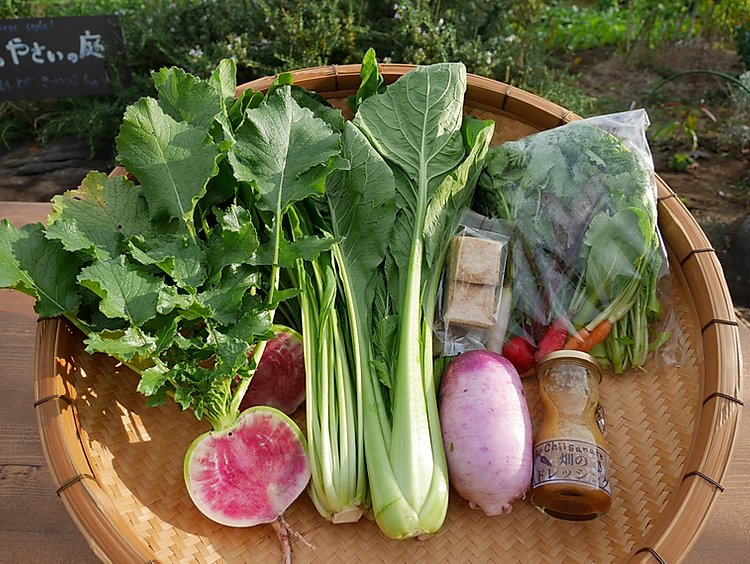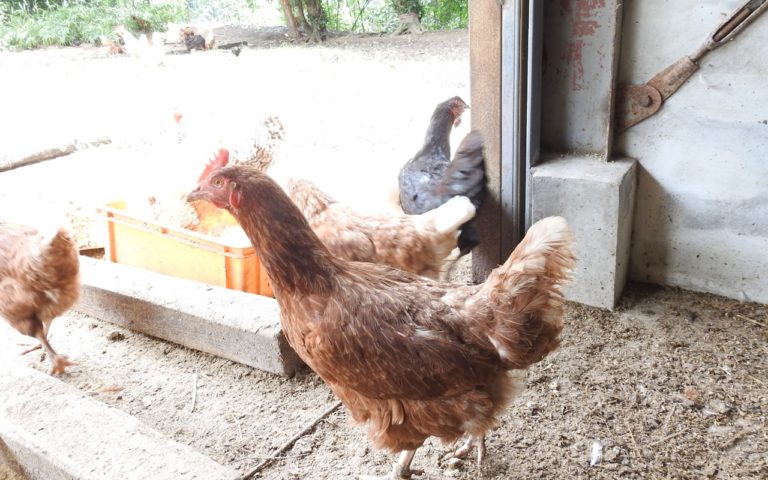
Category Animal Welfare

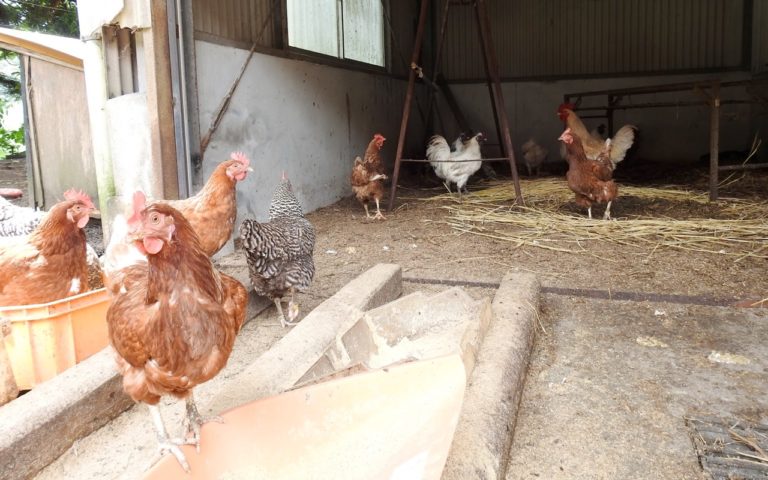
Berry Farm Toyoura in Abuta, is cage-free
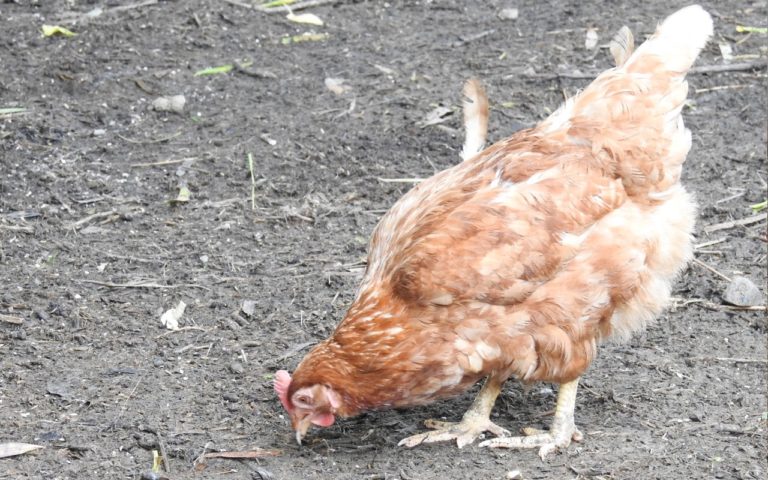
Minami Aoyama Essence, wine and Chinese medicinal cooking restaurant, is cage-free
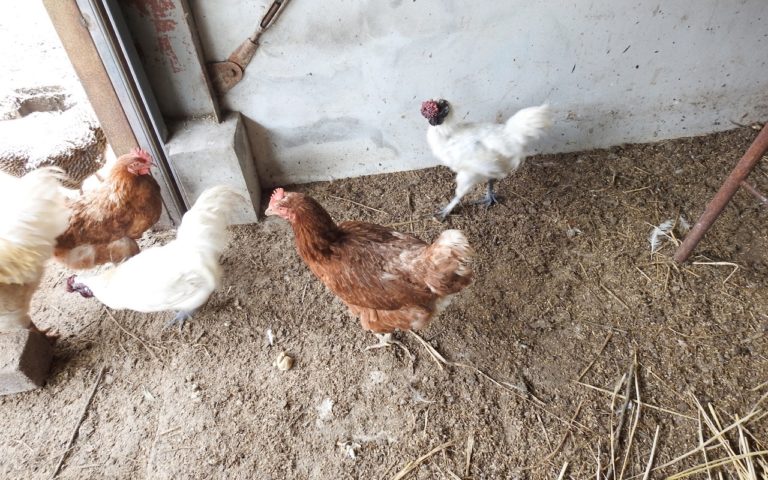
Lapin Noir Kurousagi, a bakery in Chichibu, is cage-free
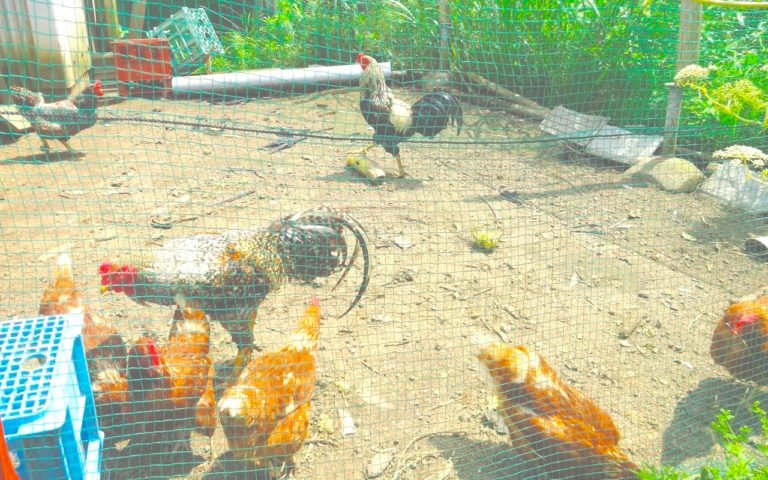
Sugiura Inbo, a wine and bistro restaurant, is cage-free
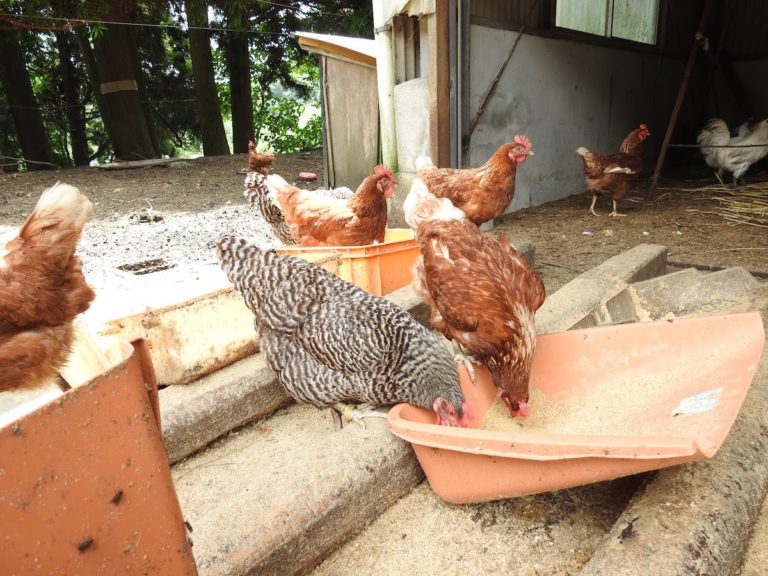
Soi cafe, a back alley cafe in Saitama, is cage free
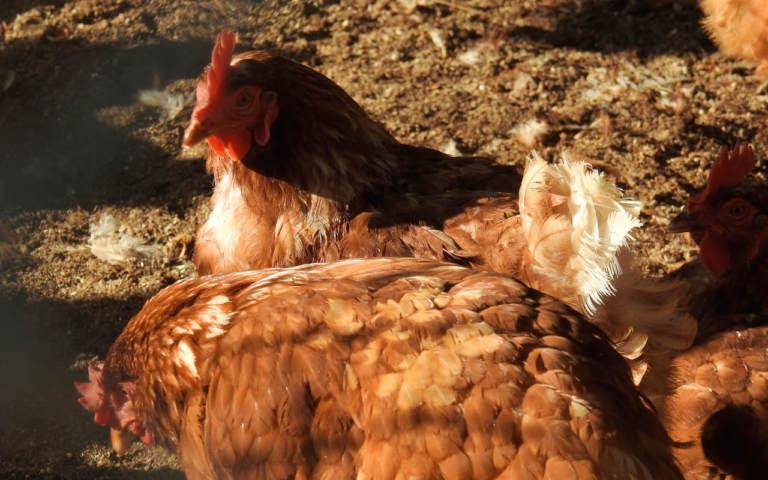
Authentic Italian restaurant, Panzerotteria, is cage-free
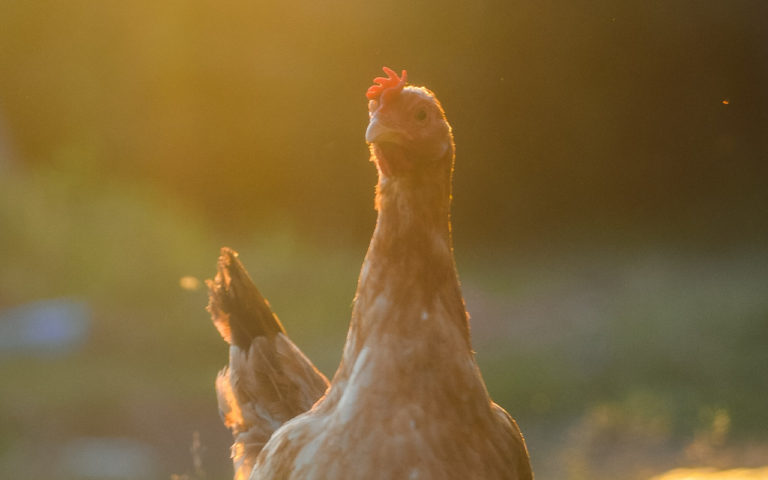
Colorado to ban production and sale of eggs with cages, requiring minimum space and enrichment

Additive-free chiffon cake “Kimichiffon” is cage-free

Spanish restaurant El Campo is cage-free
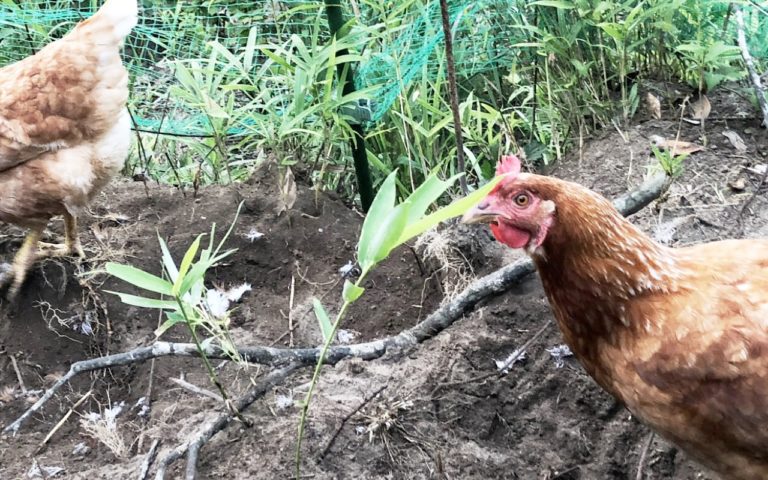
A ramen shop using free-ranged eggs, “Kakurenosato Araki“, is cage-free
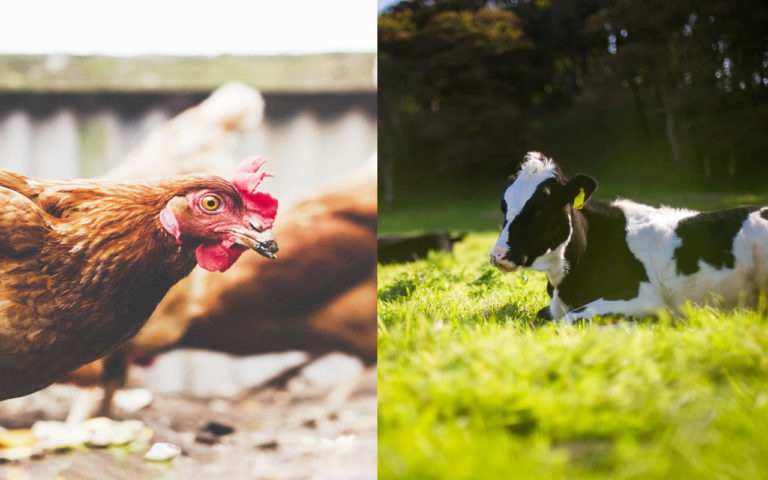
The “Ethical Time” shop full of ethical products declares cage free & tie-stall free
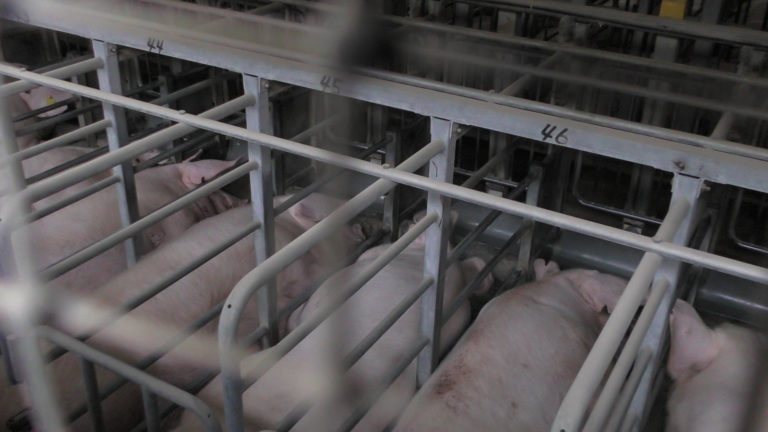
Establishing confinement facilities such as sow stalls and battery cages with subsidies
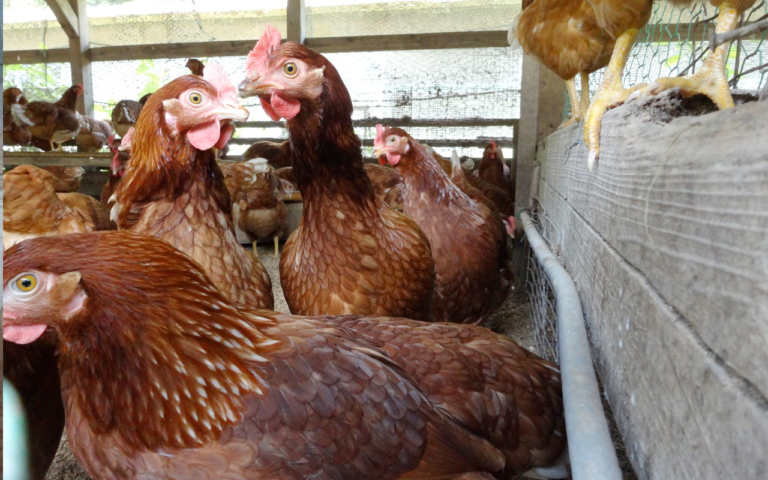
Wanohana, aiming for a recycling-based lifestyle, is cage-free
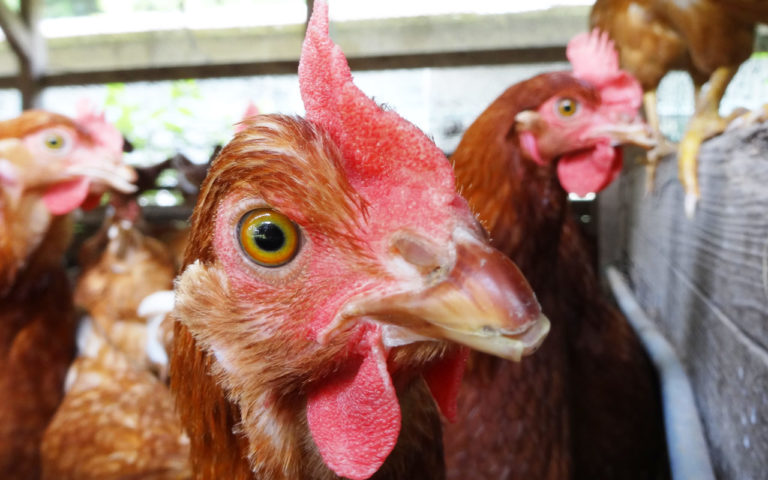
Nature training center and accommodation “Forest Nature School” is cage-free
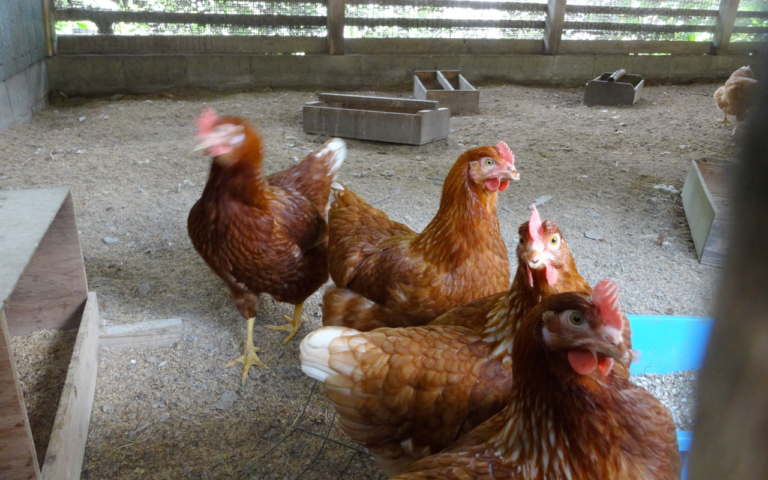
Purinyasan Hohoemi Kitchen, a specializing in barn-raised egg puddings, is cage-free
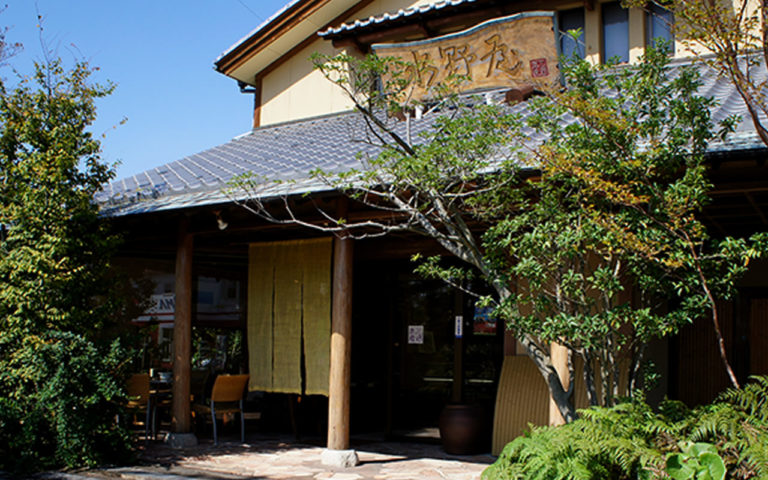
Decision 107 years after foundation: declares transition to cage-free. “No compromise in making real confectionery” – Wagashi Mizunoya
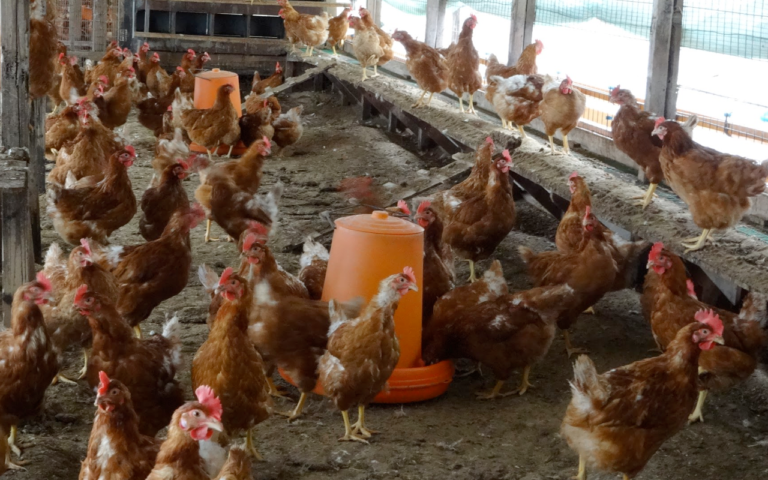
Natural Ramen Shi-Ann, caring about environmental issues, is cage-free

Free-range rearing for 32 years, Tamagoya kitchen directly managed by Nodoka Farm
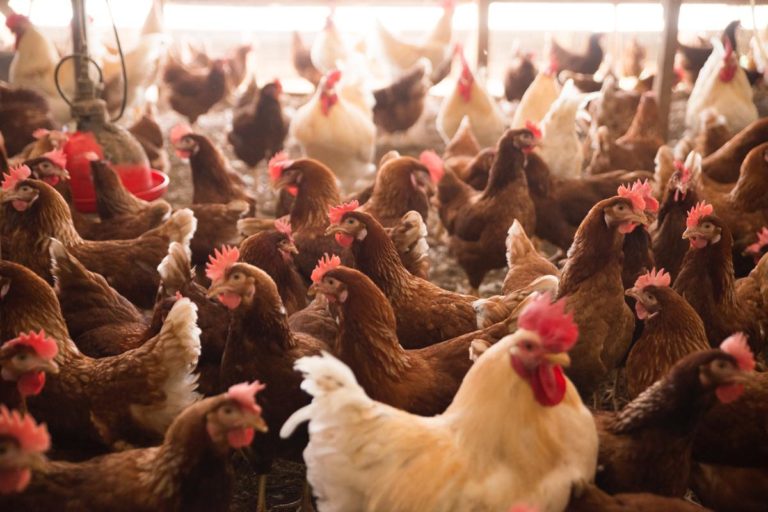
Miyagi Farm Co.,Ltd, selling cage-free eggs mayonnaise is cage-free
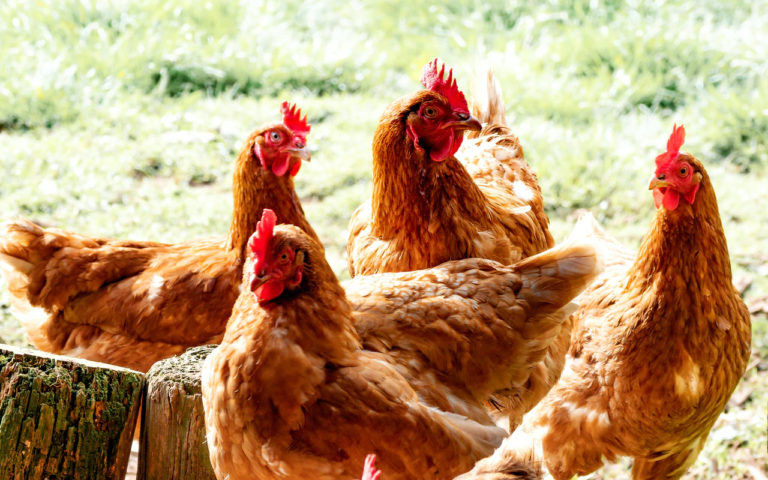
Kokoron, a social welfare corporation that provides employment support for people with disabilities is cage-free
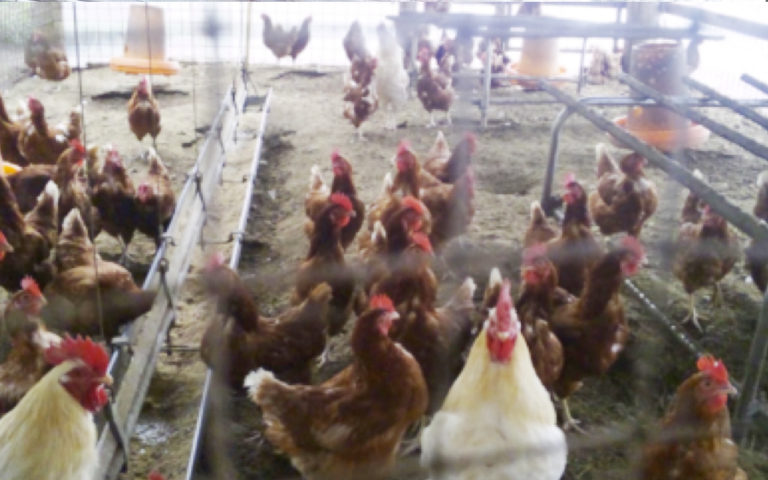
As its name suggests, Sustainable kitchen rosy that respects sustainable choices is cage-free
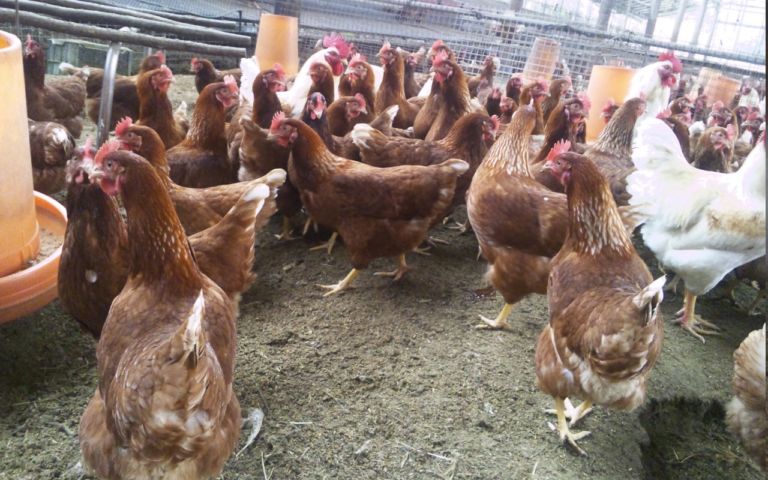
Paretaco Shokudo, who respects the ideal ways of animals, is cage-free
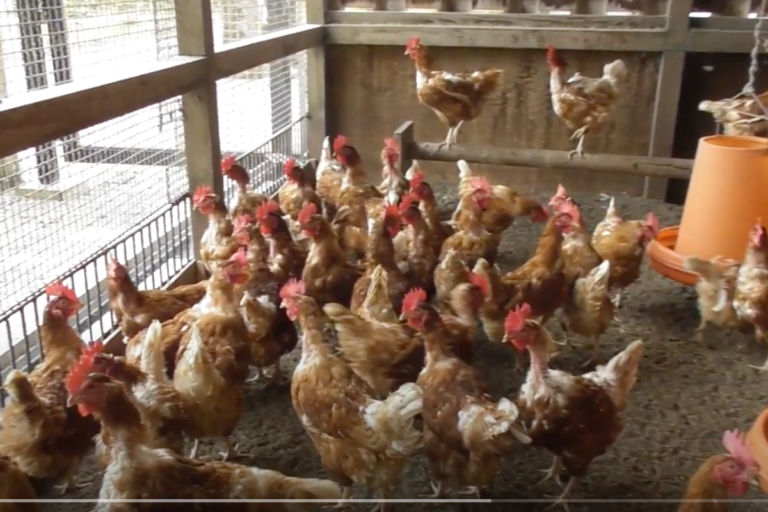
Tamagokakegohan Tamanosuke set in the nature of Sasayama is cage-free
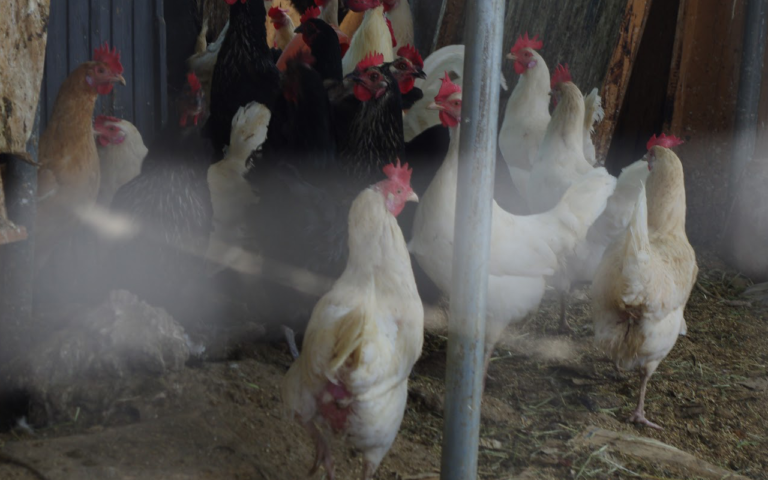
Morinokazoku, a restaurant that makes delicious vegetables by organic farming, is cage-free
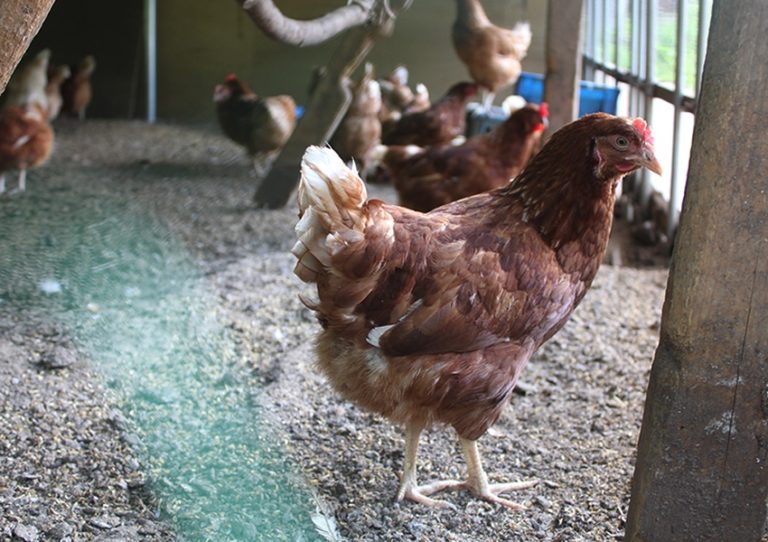
A sustainable cafe that cares for the global environment, Gypsy’s mile cafe, is cage-free
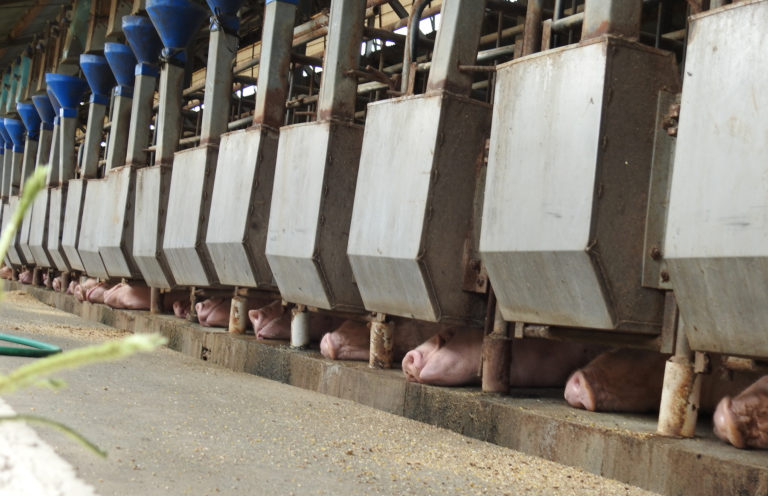
2020 Grant standards for “Comprehensive Subsidies for Developing Strong Agriculture & Leaders”: Just a small addition for animal welfare
